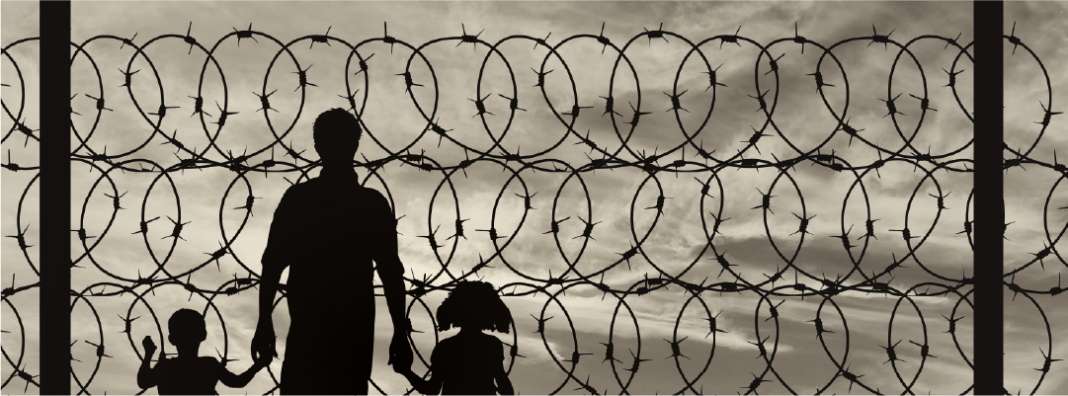
In a recent press conference, Gov. Spencer Cox called for Congress to take action on immigration reform — ”something that everybody knows needs to be done.” He is entirely right.
Congress has waited too long to make major immigration reforms. Their inaction has left the immigration system tied in knots and created the disaster at the border that is brought into every Utahn’s home each night on the evening news. This federal failure is why some states are acting on their own. Cox, along with 23 other Republican governors, threw support to Texas Gov. Greg Abbott’s Operation Lone Star.
Although Cox has expressed sympathy for border states in the past, this is a rare place of agreement between these two GOP governors. Abbott has taken a hard-line stance that emphasizes armed guards and walls. Cox, in contrast, has greeted migrants with open arms. Texas certainly faces different immigration challenges, but Utah’s strategy better reflects research on what drives immigration and how to use immigration to our state’s advantage.
In a time when Congress has failed to address the urgent need for immigration reform, Cox and Utah have emerged as leaders in finding practical solutions. While some states resort to walls and fences, Utah understands that true progress lies in combining border security investments with legal immigration options.
Texas’ new efforts at the border reflect its realities as the largest border state. Many of the millions of crossers over the last two years made their way through the backyards and streets of Texans. In a recent letter, Abbott wrote that the state has been building out razor wires to deter migrants and busing asylum-seekers across the country — spending $4.5 billion of its own funds.
Texas is motivated by claims of drugs flowing freely across the border. These efforts are understandable and border security investments in walls and wires have their place. Unfortunately, putting up fences is unlikely to meaningfully impede the flow of illicit drugs. About 9 in 10 pounds of fentanyl smuggled in comes through ports of entry, for example. This means that harmful drugs are more likely to be carried into the country by natives than immigrants.
Fundamentally, the Texas strategy doesn’t recognize the larger factors that drive immigration. Putting up walls and fences does not stop the violence that pushes many Latin Americans out of their homes, nor create jobs in the economically struggling countries from which these migrants flee. We must recognize that lacking economic opportunity and basic safety drives many to our southern border. Addressing these root causes means combining investments in border security with legal immigration options.
Though rarely dramatic enough to make it on the news, Cox’s administration has been taking its own steps on immigration policy. Utah has continued as a leader, a standout among both blue and red states, in making immigration work for the state and its residents. While the border drives the national narrative, Utah quietly takes a welcoming approach here at home.
We’ve cut red tape to make it easier for immigrants to start working, expanded refugee resettlement in the state, and created an office for New American Integration to support immigrants.
Utah, as Cox rightly pointed out, has about twice as many job openings as it does job seekers. This is a punishing reality for businesses and consumers waiting weeks for workers to build new homes, open new restaurants or provide other services.
Utah’s need for more workers is clear. Unfortunately, the politics of immigration have prevented immigrants from meeting those needs. A central problem here is the persistent idea that the border needs to be completely secured before guestworker programs can be created — altogether neglecting the evidence that expanding legal pathways is one of the most reliable ways to reduce illegal border crossings.
Utah has made great efforts to make itself a welcoming home for new Americans. During the Afghan withdrawal, Cox quickly called for Afghans to make their new homes in Utah. Before him, Gov. Gary Herbert signed a letter calling for additional refugees to come to Utah.
These efforts to make Utah a welcoming home reflect the Utah way on immigration. And though it bears our state’s name, the playbook is open for everyone to use.



 Deseret News
Deseret News